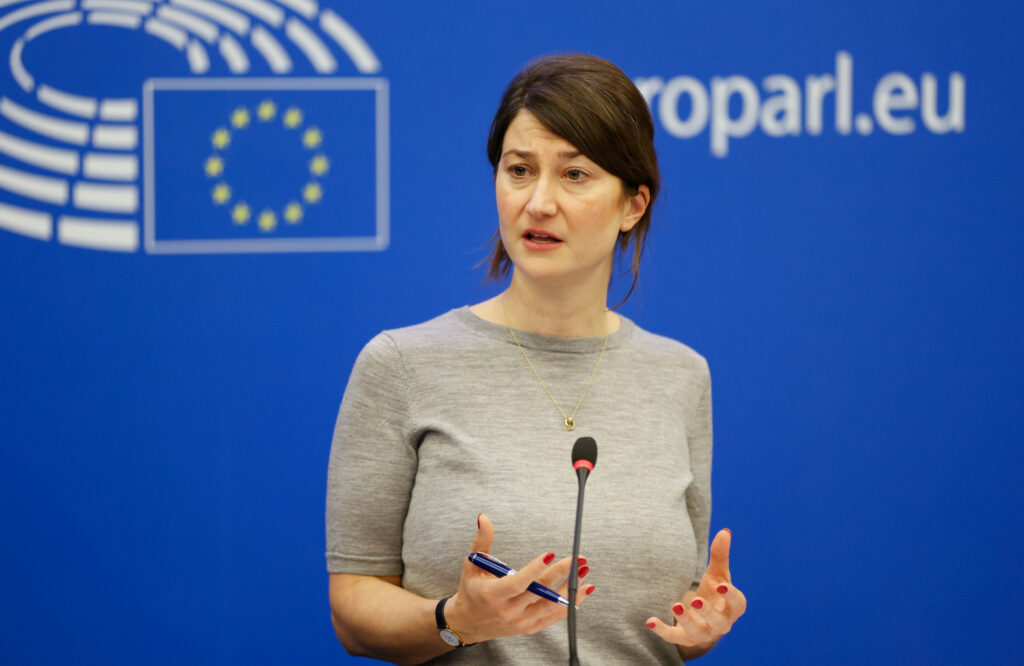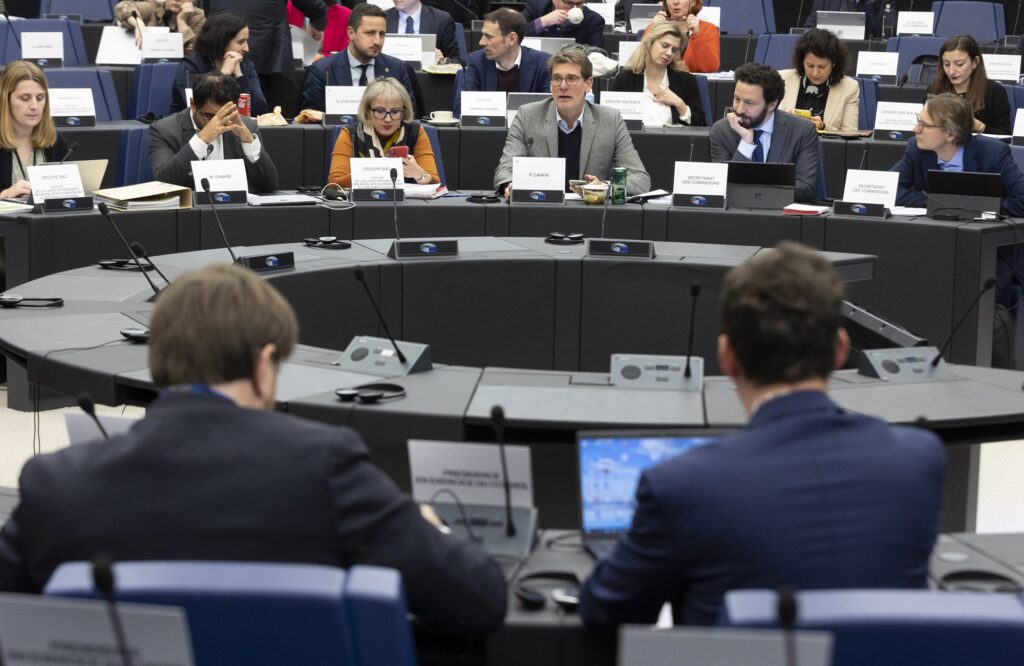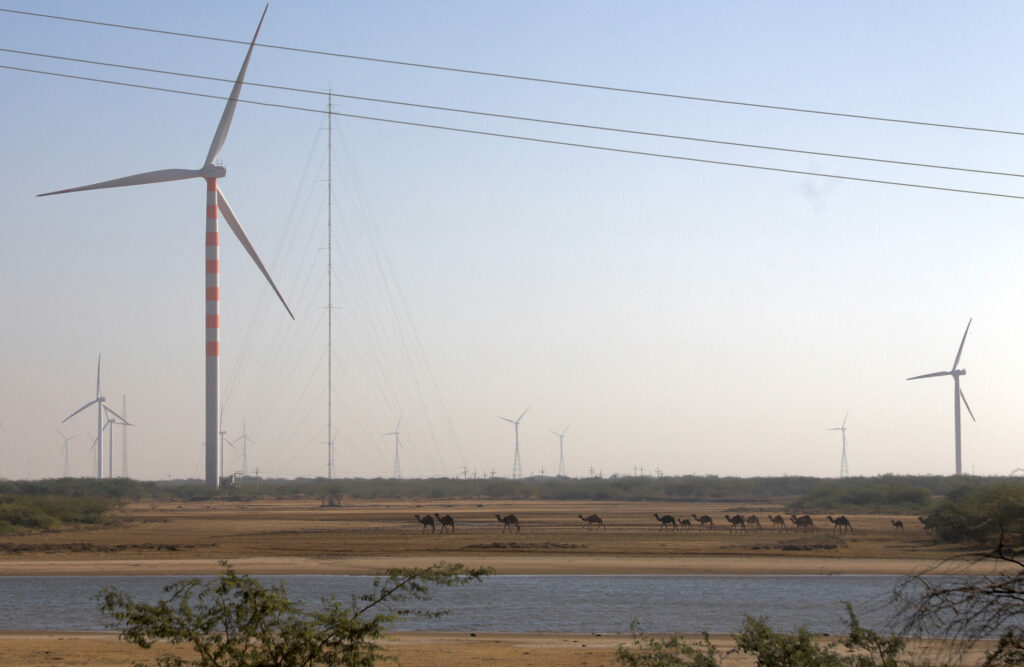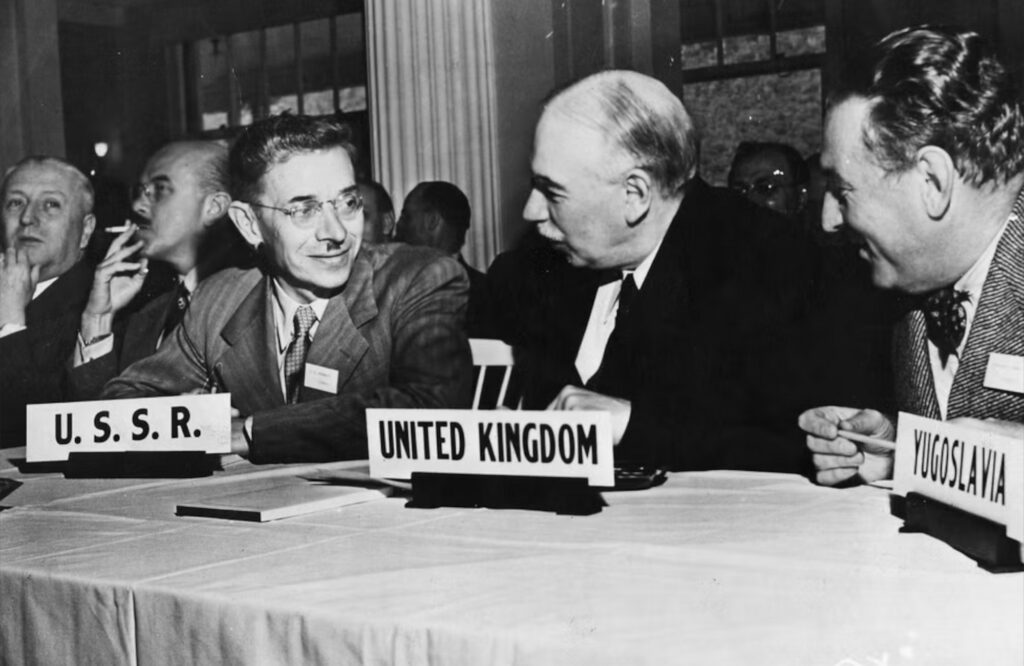Eni’s struggles in Africa show it’s time to move on from biofuels fantasies

A new investigation by Transport and Environment has revealed widespread failings with the Italian oil giant’s biofuels projects.
Rejecting the EU’s due diligence law is a colossal mistake

Will this week mark the end for the EU’s corporate responsibility bill? That would be a shameful legacy for Germany’s FDP, says Environmental Justice Foundation CEO Steve Trent
Without reform, the EU’s CBAM risks leaving developing countries behind

Not all countries stand to benefit from the EU’s Carbon Border Adjustment Mechanism, says Hugo Harvey
Renewable energy projects must do more to safeguard India’s natural ecosystems

Without adequate environmental impact assessments, new renewable energy projects risk damaging India’s Open Natural Ecosystems say Sanjana Nair & Dr. Abi T. Vanak
Forests of gold: carbon credits could be game-changing for Vietnam

Vietnam’s forests are at risk – carbon offset schemes could be the best chance of saving them, say Dr. Quan-Hoang Vuong and Minh-Hoang Nguyen
Europe already has the tools it needs to end forced labour

The EU successfully regulated illegal fishing with a ‘carding’ system in 2010. It should take the same approach with the upcoming forced labour law, says the Environmental Justice Foundation’s CEO.
Greenhouse gas removals urgently need good governance

Governments are not doing enough to shape and regulate this newly burgeoning industry. The UK should lead the way with a new regulatory body, says Green Alliance’s Faustine Wheeler.
Texas pollution shows the danger in legal loopholes

The human impact of petrochemical plants along the Houston Ship Channel prove that Amnesty’s recommendations to the EU are vital, say the authors of a new report.
Time for a World Climate Bank

The World Bank prioritises private investors over justice and the climate – a new institution is needed, says Professor Thomas Marois
Green extractivism mirrors the fossil fuel era, and the Global South suffers

The geopolitics of mining must change with decarbonisation, or less will improve than many realise, says Dr Leandro Vergara-Camus



